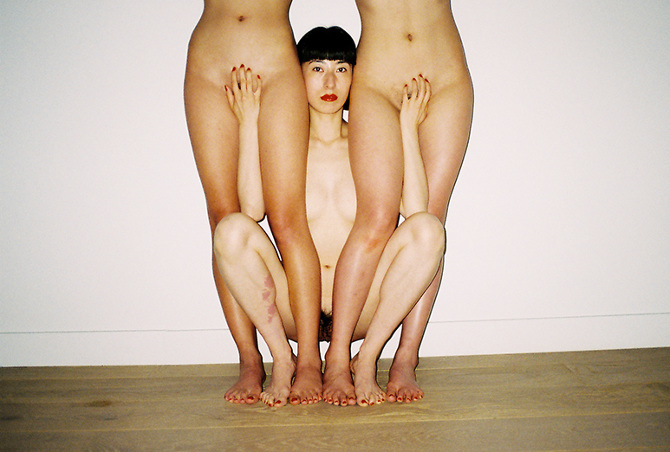We’re incredibly saddened by the news that one the world’s most radical contemporary photographers has passed away. Ren Hang — who was just 29 years old — was frequently referred to as one of the most provocative photographers in China. It’s certainly hard not to see how repression of sexuality in his homeland informed Ren’s playful, stark, NSFW images of his friends at their most carefree. And, too, how his homeland repeatedly attempted to censor and arrest the young artist. It’s partly for this reason that his work found resonance even in the globe’s most liberal corners. Battling censorship in his homeland led Ren to seek alternative locales including snowy Central Park and the sunny seas of Athens. His collaborators ranged from Frank Ocean — he shot some of the most evocative images in Frank’s Boys Don’t Cry zine — to Gucci’s Alessandro Michele. He shot for Opening Ceremony and Numéro, was championed by Ai Weiwei, and at the time of his death, was working on a project with Purple magazine. “He inspired all the generation of young photographers,” Purple editor Olivier Zahm wrote on Instagram today. “He was to me the new Araki.”
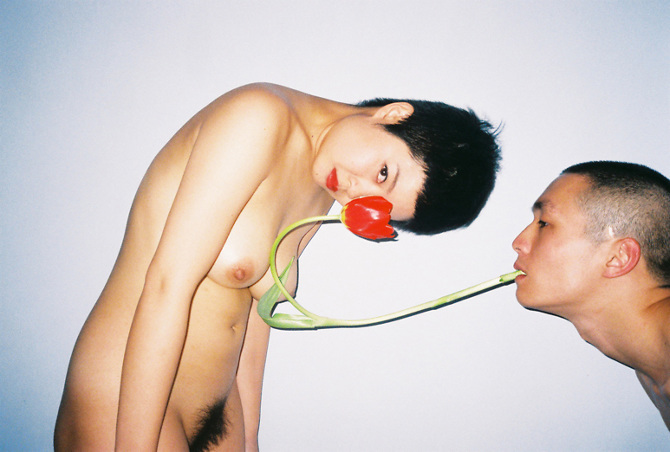
Ren’s photography was self-taught and shot on a Minolta 35mm film camera, mainly because those things are easy to carry. He confessed to owning multiple versions of the cheap point-and-shoot because he so frequently broke them. That insouciant approach is evident in his portraits of intertwining limbs and plantlife that started with spontaneously shooting his roommate’s naked body. While the elements that make up his most searing images are also uncomplicated — naked bodies, contorted appendages, uncluttered backgrounds, stark lighting — the combined effect is pure magic.
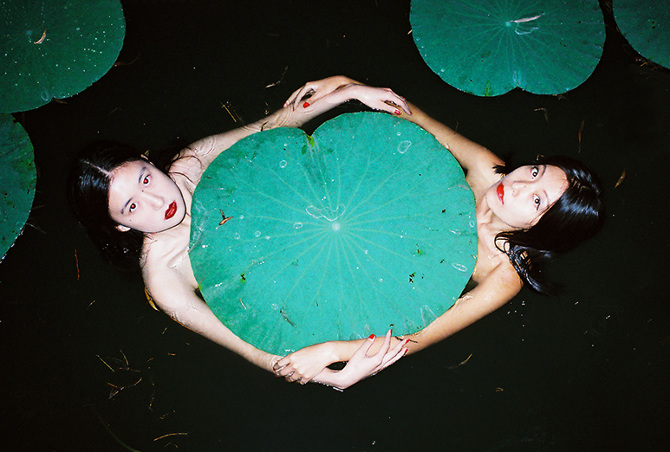
When not in front of the camera, Ren was often no less inhibited than his subjects. In particular, he was refreshingly candid about suffering from severe cyclic depression, often documenting those darker episodes on his personal website. The most recent entry from his online journal series “My Depression” addresses being accused of hypocrisy for not showing his pain externally, and yet preferring to hear these accusations to the sound of his own thoughts. He frequently published poems online, the earliest dating back to 2007. Like his photos, they waver between heavy and humorous. “I really do not understand,” he wrote in 2016, despite being a big fan of shooting amongst pools and plants. “Why so many people like to go hiking.”
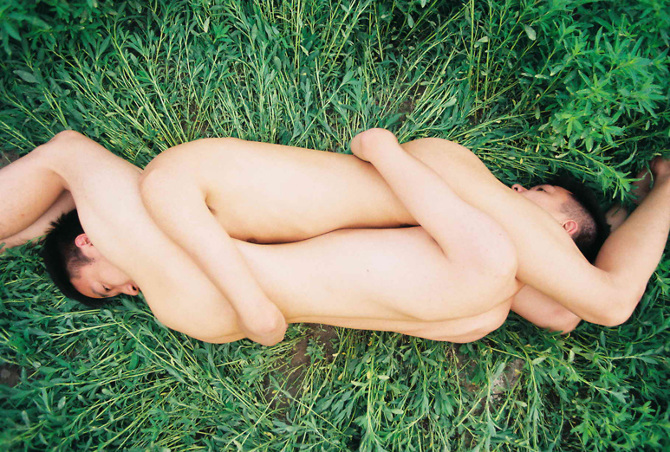
If there was anyone who didn’t overanalyze Ren’s work, it was the photographer himself. “I’ve never felt nudity is more important to capture; I just think it’s more natural and appealing,” he told us ahead of an exhibition in Tokyo two years ago. “And my friends trust me most.” When we spoke to him again after he shot a series in Central Park, he asserted that Chinese and American perspectives on sexuality weren’t all that different. “To me, [the issue of censorship is] almost the same [in both places],” he said following a project shot in Manhattan’s most famous park. “Because when I was taking photos at Central Park, I was still worried that cops might show up and stop me.” Indeed his work feels not geographically specific but rather otherworldly, tackling retrogressive ideologies head-on while transcending them entirely.
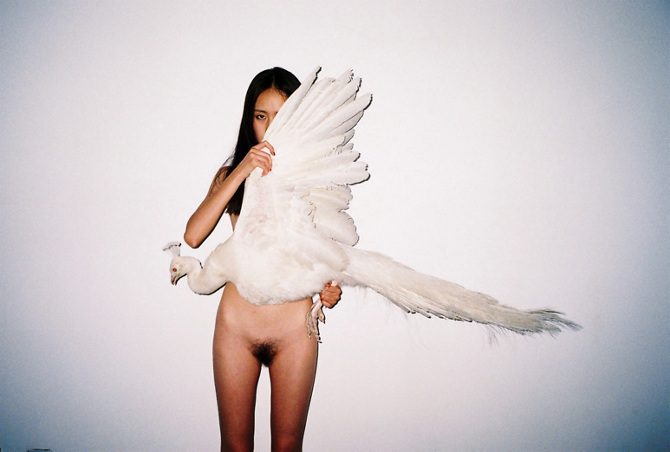
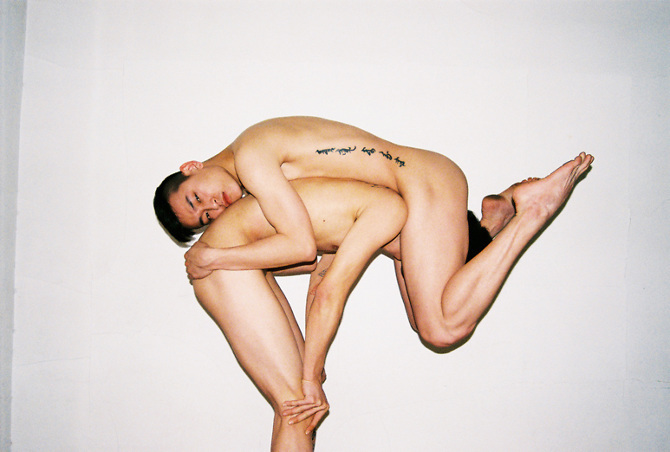
Credits
Text Hannah Ongley
Photography Ren Hang
